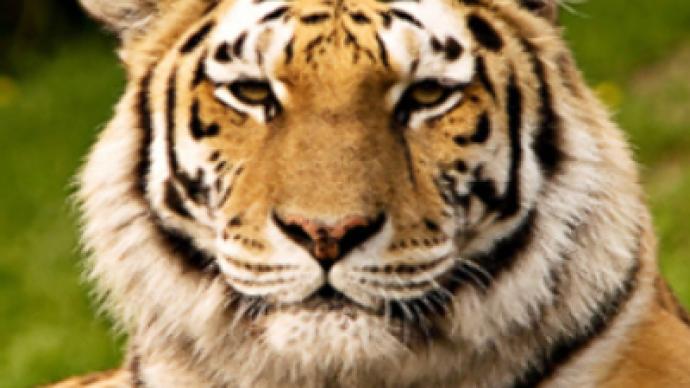Extinction 100 times closer than expected

Scientists have discovered there’s a much greater chance of some endangered species becoming extinct than previously thought. The previous error has been attributed to flaws in mathematical models used to evaluate the threat.
The risk of extinction of some endangered species is estimated to be 100 times greater than before.
Current models take into account two major factors to determine if a species should be on the extinction “red list”. One is the number of external influences affecting the population, like temperature changes. The second is the probability of random events affecting individual animals, such as the risk of drowning.
A paper written by Professor Alan Hastings from the University of California and Assistant Professor Brett Melbourne from the University of Colorado says this approach overlooks the male-to-female ratios in a population as well as the physical and behavioural variation between individuals.
The study shows both greatly affect the likelihood of survival and reproduction in endangered species. The existing models ‘misdiagnose’ them and underestimate the extinction threat – up to orders of magnitude in some cases. It’s like “miscalculating the odds in an unfamiliar game of cards because you didn't know the rules,” said Melbourne.
For the study the researchers monitored a population of beetles in lab cages, which confirmed their theory.
“We suggest that the extinction risk for many populations of conservation concern need to be urgently re-evaluated,” the authors wrote in the journal Nature.












